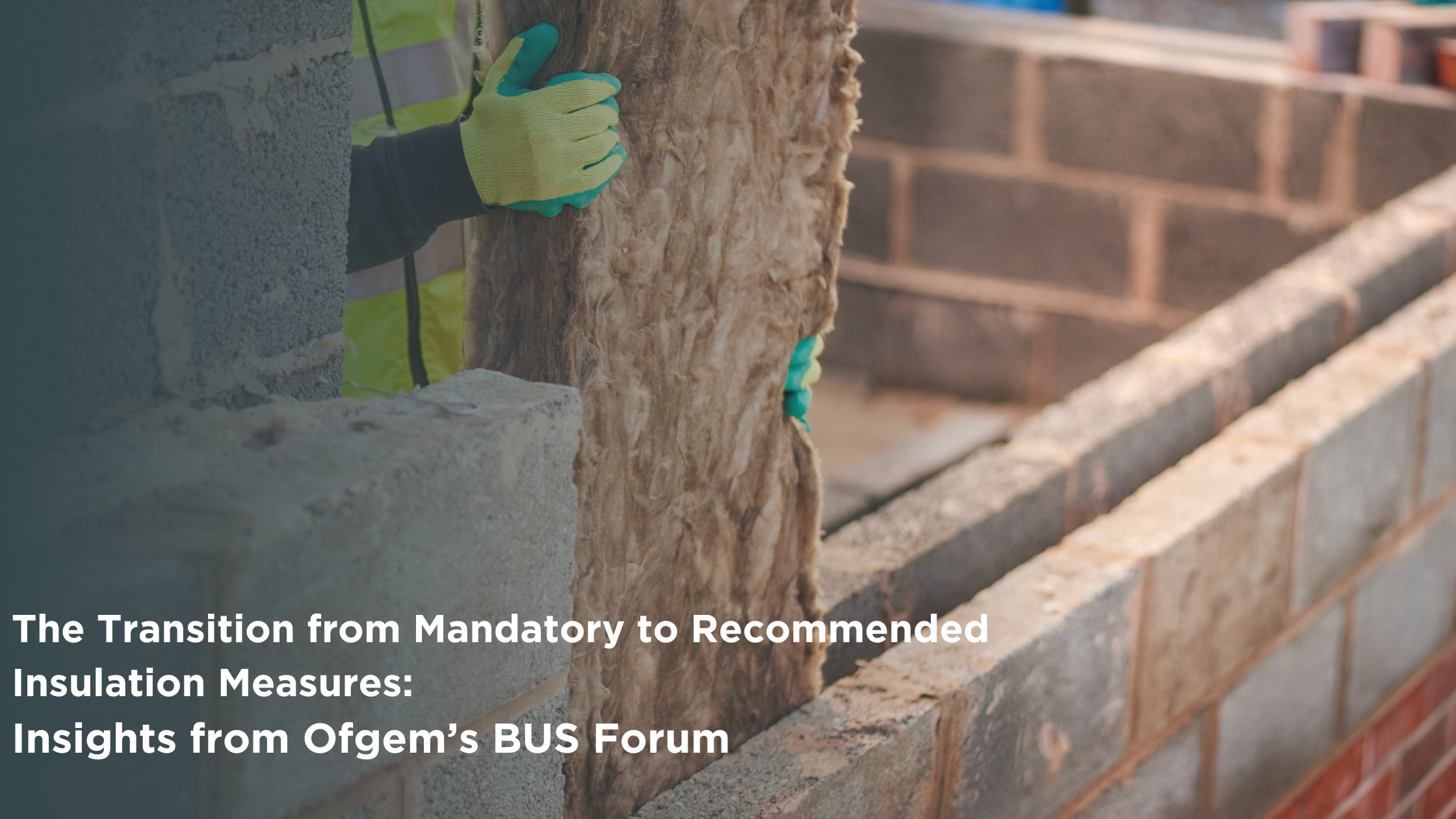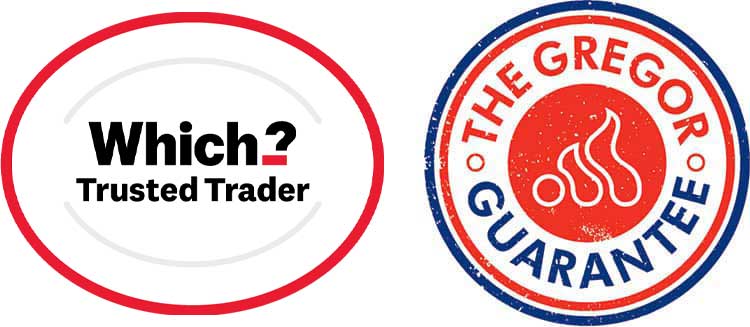
In recent developments within the UK’s energy policy landscape, the Office of Gas and Electricity Markets (Ofgem) has been pivotal in orchestrating discussions on Sustainable Investment (SI) changes. One of the most significant shifts highlighted in Ofgem’s BUS (Boiler Upgrade Scheme) Forum is the transition from mandatory insulation measures to recommended ones – more specifically, they have removed the requirement for an EPC to have cavity wall and loft insulation as a requirement. Instead they have put the onus on the Installer to advise on loft and cavity wall insulation as the best course of action in order to reduce energy and running costs.
This somewhat controversial change marks a substantial policy evolution, bringing both opportunities and challenges for homeowners, policymakers, and the renewable energy sector.
The Policy Shift: From Mandatory to Recommended Insulation
Historically, the UK’s energy efficiency policies mandated specific insulation measures for residential properties. This approach ensured that homes were adequately insulated, reducing heat loss and, consequently, the energy required for heating. However, the new policy direction, as discussed in the BUS Forum, suggests a move towards recommending rather than mandating these measures.
Reasons Behind the Shift
- Flexibility for Homeowners: By recommending rather than mandating insulation measures, homeowners have greater flexibility to choose solutions that best suit their individual circumstances. This approach respects the diverse nature of the UK housing stock, which varies widely in age, construction type, and current energy efficiency levels.
- Encouraging Innovation: A recommendation-based approach can stimulate innovation in the energy efficiency market. Homeowners and developers might explore a broader range of insulation technologies and materials that might not have been considered under a strict regulatory framework.
- Policy Alignment: This shift aligns with broader policy trends focusing on advisory and supportive measures rather than prescriptive mandates. It aims to empower individuals to make informed decisions rather than imposing blanket solutions.
Potential Implications of the Transition
Increased Costs Due to Larger Heat Pumps
One of the critical concerns raised at the BUS Forum is the potential for increased costs associated with this policy shift. The insulation of a home is crucial in minimizing heat loss. Without mandatory insulation, there is a risk that some homes may not achieve optimal insulation levels. Consequently, to maintain comfort and energy efficiency, larger and more powerful heat pumps might be required to compensate for the higher heat loss.
The Cost Dynamics
- Upfront Investment: Larger heat pumps come with a higher upfront cost. For many homeowners, this could represent a significant financial burden, particularly when combined with other energy efficiency upgrades.
- Operational Costs: Bigger heat pumps generally consume more electricity, leading to higher operational costs. This scenario could potentially offset the benefits gained from using renewable energy sources, such as heat pumps.
- Long-term Savings: While the initial costs might be higher, properly sized heat pumps paired with adequate insulation (even if not mandatory) can result in long-term savings. The challenge lies in ensuring that homeowners understand and are willing to make this investment.
The Role of Education and Incentives
To mitigate these potential cost increases, the forum emphasized the importance of education and financial incentives:
- Public Awareness Campaigns: Educating homeowners on the importance of proper insulation and the long-term financial and environmental benefits can drive voluntary compliance with recommended measures.
- Incentive Programs: Financial incentives, such as grants, loans, or tax rebates, can help offset the higher initial costs of larger heat pumps and additional insulation. These programs can make energy efficiency upgrades more accessible and appealing.
- Technical Support: Providing technical support and guidance to homeowners can ensure that they make informed decisions about the best insulation and heating solutions for their homes.
The transition from mandatory to recommended insulation measures marks a significant shift in the UK’s approach to energy efficiency. While this change offers greater flexibility and encourages innovation, it also presents challenges, particularly in terms of potential increased costs for homeowners in order to reach the requirements to pass their EPC.
However, with the right mix of education, incentives, and support, we believe this policy shift can still achieve its goals of improving energy efficiency, reducing carbon emissions, and ensuring comfortable living conditions for all UK residents.
The discussions at Ofgem’s BUS Forum have laid the groundwork for addressing these challenges and leveraging the opportunities presented by this new policy direction. Gregor are committed to supporting homeowners transitioning to an energy efficient home and a more sustainable energy solution. You can trust that our team will always prioritize transparency and recommend solutions that best suit your needs.
We believe that as the UK continues to strive for a sustainable future, these evolving policies and their implementations will be crucial in shaping the nation’s energy landscape and at Gregor we aim to stay ahead of the game so we can support homeowners as we have been doing so for over 30 years.


